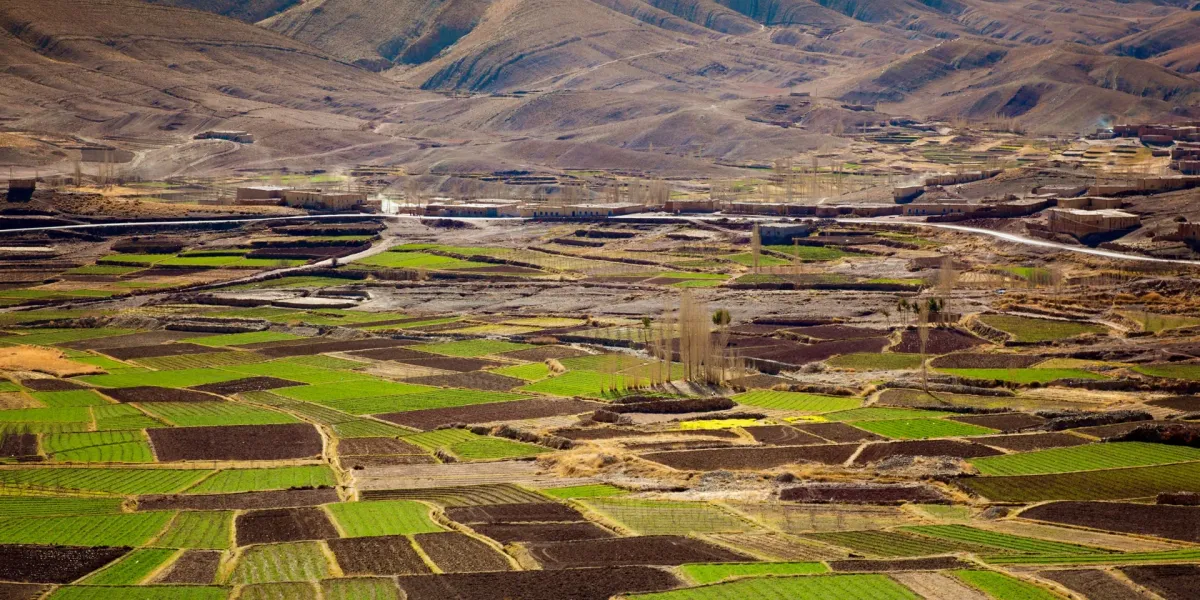
Designing an investment strategy for green finance facilities
ClientEUROPEAN BANK FOR RECONSTRUCTION AND DEVELOPMENT
THE BACKGROUND
FINANCE FOR IMPACT undertook a diagnostic study of constraints and opportunities related to green finance in Jordan, Tunisia, Morocco and Egypt, with a particular focus on the financing of transit trade and operations outside of EBRD countries of operations.
THE PROJECT
FINANCE FOR IMPACT assessed bottlenecks to private investments to determine how to better leverage private sector financing for higher SME growth and competitiveness in the targeted countries.
Our strategic assessment provided evidence on several market constraints, including:
- Innovative MSME disproportionate barriers when accessing finance, especially from banks. Venture capital is scarce.
- Many MSMEs lack a digital trace, which facilitates providing them credit. Cost and complexity of integrating digital solutions for financial intermediaries, especially second and third tier institutions, contributes to aggravating their obstacles to accessing finance.
- Limited availability and knowledge of trade and export finance, supply chain finance and value chain finance solutions.
We also assessed the extent to which transit trade is important in the region. We scoped the volume of transit trade in each of the four countries and provided specific case studies. We determined the origin and destination of these transit trade flows (e.g. origin of goods and services imported from abroad and resell to countries outside of EBRD country of operations, without importing them into EBRD countries of operation). We addressed the benefits of such transactions for the four individual countries and the economy of the SEMED region as a whole. Specific attention was paid to issues of economic development, private sector growth, finance sector stabilization and poverty reduction for those countries facing major challenges (e.g. how does the use of transit trade contribute to alleviate the pain and suffering of the displaced populations of Iraq and the refugees in Jordan).
FINANCE FOR IMPACT undertook many interviews with commercial banks providing green finance instruments, and any other relevant institutions, to assess the supply side of green finance (e.g. availability and affordability of trade finance / SCF) and examined to what extent and to what type of firms, have banks prompted their products, and the levels of demand they have faced. We also reviewed the diversity of the currently available green/trade finance instruments and assessed the market dynamics behind the availability of these instruments.
THE RESULTS
We provided specific recommendations on the following topics:
- Fostering entrepreneurship and innovation
- Fostering digital literacy and skills as well as access to digital technologies for promoting access to finance and financial inclusion.
- Improve local value-added in supply chains and sustainable trade.
- Promote growth, and the resilience and competitiveness of MSMEs through an increased access to bank and non-bank financing sources.
In particular, we assessed the level of support needed for MSMEs to increase their financial literacy on trade and supply chain financing products. We analysed the potential of EBRD for strengthening the ability of local banks to provide green trade financing to the private sector and enhancing access to import and export trade in the SEMED region. To this end, we did a scoping exercise of what type of advisory services would benefit banks for designing and implementing trade and supply chain financing products with a MSME focus. Finally, we helped developing specialized financial instruments to support trade and supply financing (e.g. trade facilities)
Location: Jordan, Tunisia, Morocco and Egypt
Solution: Investment Strategy
Tool(s) mobilized: Market assessments, surveys, benchmark, interviews
Share on :